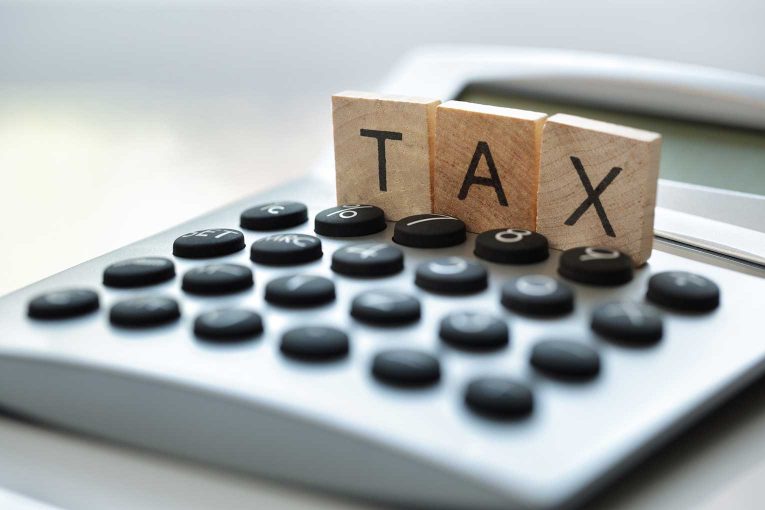Law firm Collyer Bristow has warned that second homeowners and property investors are to be hit by changes to Capital Gains Tax.
Homeowners, second homeowners and property investors who cannot rely on the principal private residence relief and sell a property face a tough new Capital Gains Tax (CGT) payment regime from 6 April 2020. The new rules will leave them just 30 days to settle any tax due after completion instead of anywhere between 10 to 22 months under the current regime.
Collyer Bristow says the change is little understood by homeowners and that second homeowners and investors who fail to comply could leave themselves open to stiff penalties.
James Cook, partner at Collyer Bristow, said: “Under the current rules, anyone selling a property has until 31 January in the following tax year to file and settle any CGT liability, giving them potentially up to 22 months.
“From 6 April 2020, all CGT liabilities will need to be settled in just 30 days of completion of a sale. That leaves very little time to calculate the tax to be paid, report the gain, and pay tax. It is likely to catch out many second homeowners and investors who have either failed to plan for the tax charge or do not have the available cash.”
For higher rate income tax payers, the rates for CGT are currently 28% on gains from residential property and 20% on gains from all other chargeable assets. Conversely, the CGT rates for basic rate income tax payers are 18% and 10% respectively. The annual capital gains tax allowance is set to increase on 6 April 2020 to £12,500 from £12,000 in the current tax year (2019/20).
Late filing of CGT returns will leave individuals facing an immediate £100 fine with an additional penalty of the higher of £300 or 5% of the tax due if more than six months late. A further penalty of the higher of £300 or 5% of the tax due is payable if more than 12 months late. HMRC also reserves the right to charge £10 a day up to £900 for the period between 3 to 6 months of failing to file a return.
Cook added: “The changes were first announced in 2015 but have been pushed back as HMRC was concerned that second homeowners and investors were not aware of the changes. From conversations with our clients, it appears that they are still not fully aware of the implications of the change.
“Our advice to second homeowners and investors is to calculate liabilities before any sale so as to avoid any unnecessary penalties.”



